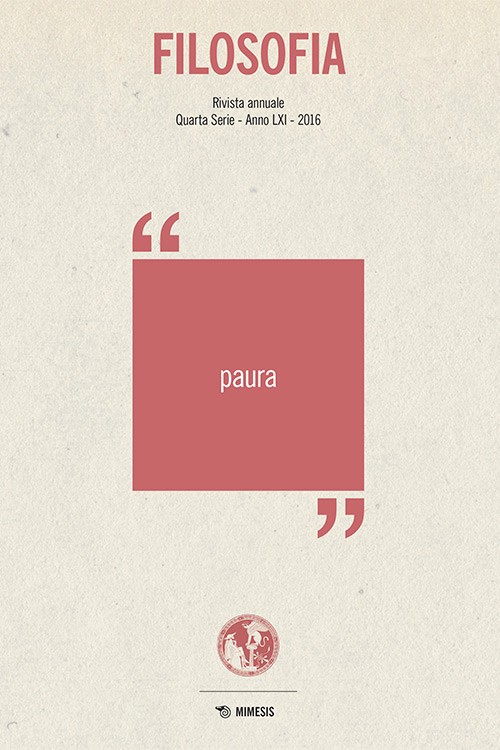"La peur agit donc fortement sur toi?". The dialectic between fear and desire in Sade's theory of emotion
DOI:
https://doi.org/10.13135/2704-8195/3923Keywords:
Sade, sentimental literature, fear, desireAbstract
This article analyzes the specific role played by fear in the Marquis de Sade’s theory of emotion, which represents one of the most significant (and ex- treme) exaltations of the moral role of passions in the period known as tournant des Lumières. In more detail, I try to highlight how Sade uses the emotion of fear to refute the moral didacticism conventionally associated with sentimental literature, whose key role is evident from the analysis of Richardson’s Pamela and Rousseau’s Nouvelle Héloïse. By consciously employing the same formal and stylistic procedures of sentimental philosophy, Sade subverts this paradigm from within. The dialectic between fear and desire – the cornerstone of the psychology of all sentimental heroes – becomes, in his view, the heart of the one-sided and “immoral” emotional mechanism which the libertines established with their victims.



